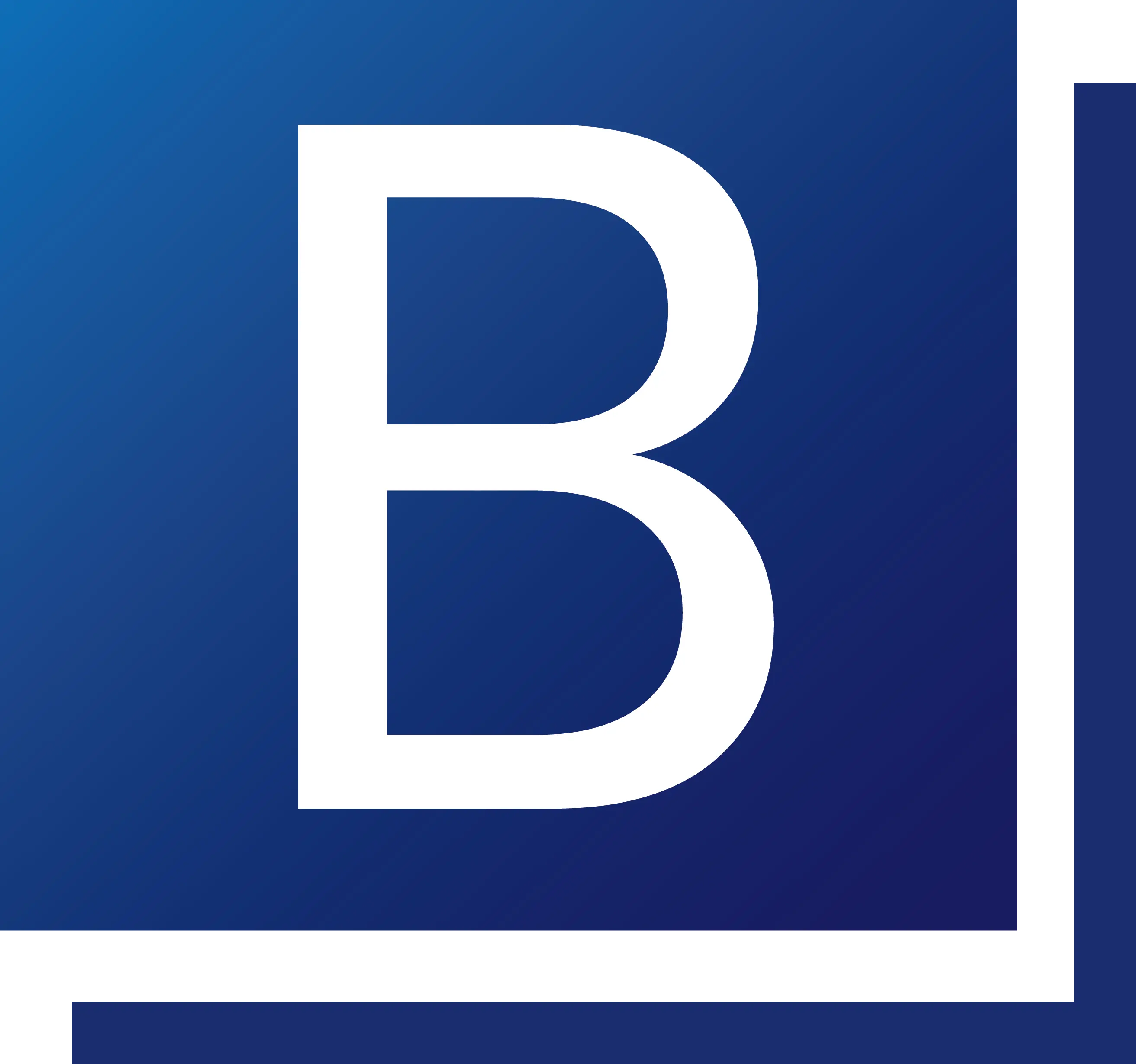The rise of hybrid work models, with a mix of remote and office-based work, could help companies shift to an ‘outcome culture’ focusing on results rather than hours logged.
As Forbes recently discussed, studies suggest that hybrid and remote models are widely supported in the business world as follows:
- Studies show that 80% of financial services firms now have hybrid work models in place, with some allowing full flexibility and others requiring 2-3 days per week in the office.
- A survey of women workers found that 88% believe hybrid work equalizes the workplace and reduces biases, and 72% would look for a new job if hybrid flexibility was taken away.
- 67% of women said hybrid work positively impacts their career growth by allowing more efficiency, opportunities for training, and visibility with leadership.
Other than these benefits, hybrid working also can help shift workplace culture away from a “Hustle culture” toward an “Outcome culture”.
Table of Contents
What is “Hustle culture”?
“Hustle culture” refers to a workplace culture that glorifies overwork, long hours, and constant busyness or availability.
In a hustle culture, employees feel pressure to show how hard they’re working through efforts like frequently responding to emails late at night or coming into the office on weekends.
This culture implies that more hours logged or less time off equals greater dedication or higher performance.
Proponents of an “outcome culture” argue this focus on hours is misguided. Rather than tracking how much employees work, the emphasis should be on achieving key results and impacts.
Managers should clearly define desired outcomes, and as long as those outcomes are delivered, the specific hours worked or time off taken is less relevant. This could reduce burnout, improve work-life balance, and boost productivity.
However, a pure outcome culture may not suit every role or company. It also requires a shift in how managers evaluate and reward employees to be successful.
While deprioritizing hours in favor of results may sound good in theory, it must be balanced with ensuring employees are meeting reasonable productivity or workload expectations.
How hybrid working helps?
Hybrid work models that incorporate remote work make it harder to track how many hours employees spend working or to monitor face time in the office. This means hours logged or presence are less salient measures of performance, nudging companies to focus more on outcomes achieved.
If managers can’t as easily see who is “hustling” the most or working the longest hours, they must rely more on clear outcome expectations and trust that employees will get the work done on their own schedules.
At the same time, hybrid work gives employees more control and flexibility in how and when they work. This autonomy is better suited to an outcome culture, where employees are responsible for meeting goals however they choose, rather than an hours-based hustle culture.
When people have flexibility, they can work when they’re most productive and balanced, which could boost results. And when they are evaluated based on outcomes, not hours, their work time may be less demanding, reducing burnout.
Of course, hybrid or remote work is not a silver bullet and does not guarantee an outcome culture will emerge. Companies must make deliberate choices to define outcomes, evaluate performance accordingly, and grant flexibility/autonomy.
Managers will need support in adjusting to this type of culture as well. However, hybrid models do create an opportunity to at least reduce fixation on hours and encourage a shift in focus toward the results and impacts of work.
For companies seeking a healthier and potentially more productive culture, this could be a valuable benefit of hybrid work. Implementing a smart office system like ONES can also help enable seamless hybrid collaboration, facilitating the transition to an outcome-oriented evaluation and promotion of work-life balance.
To learn more, schedule a demo today.

